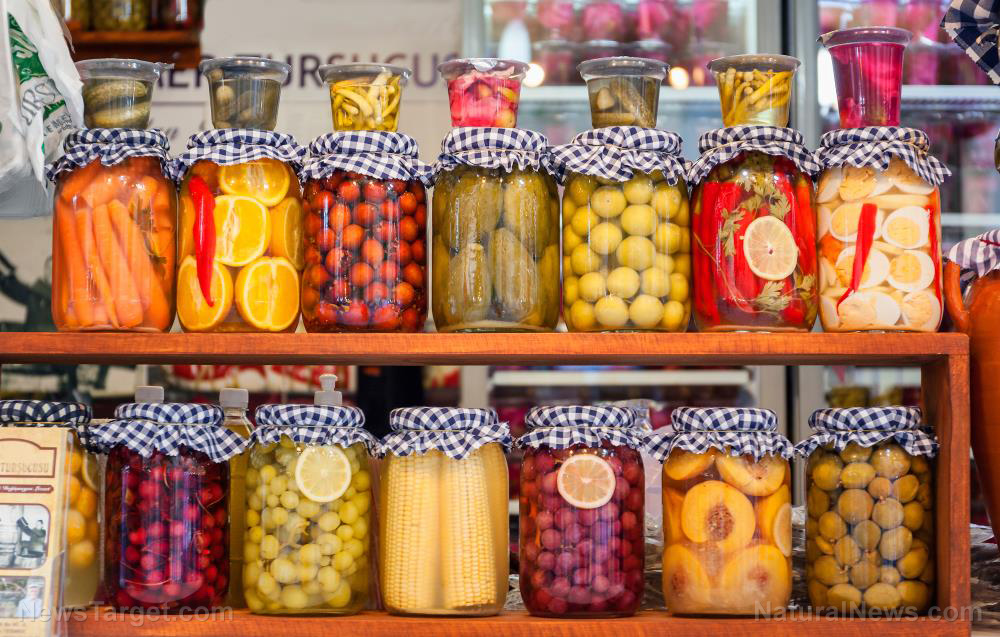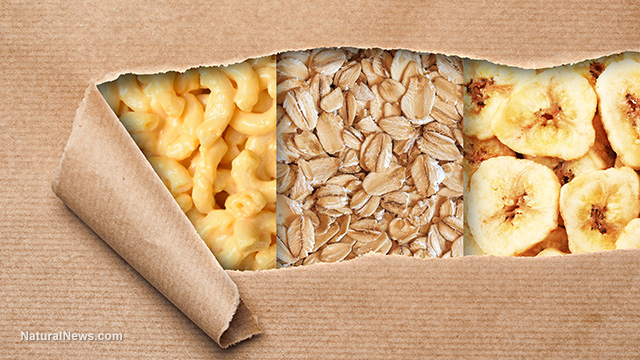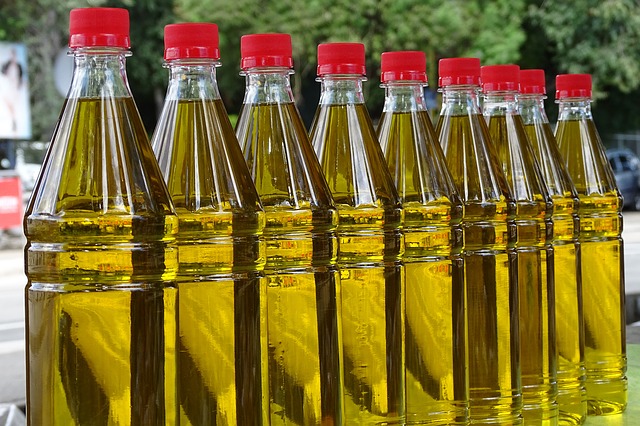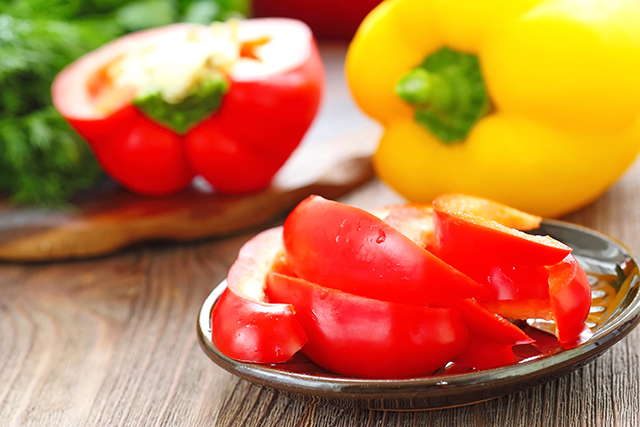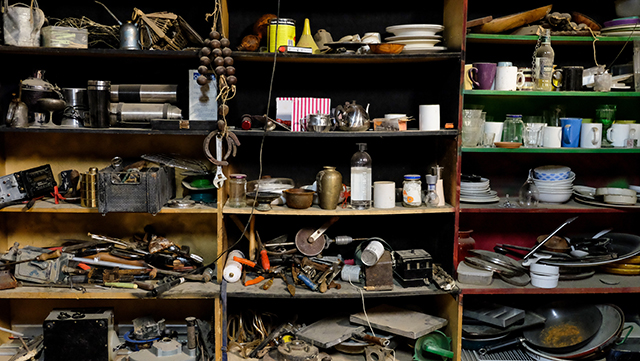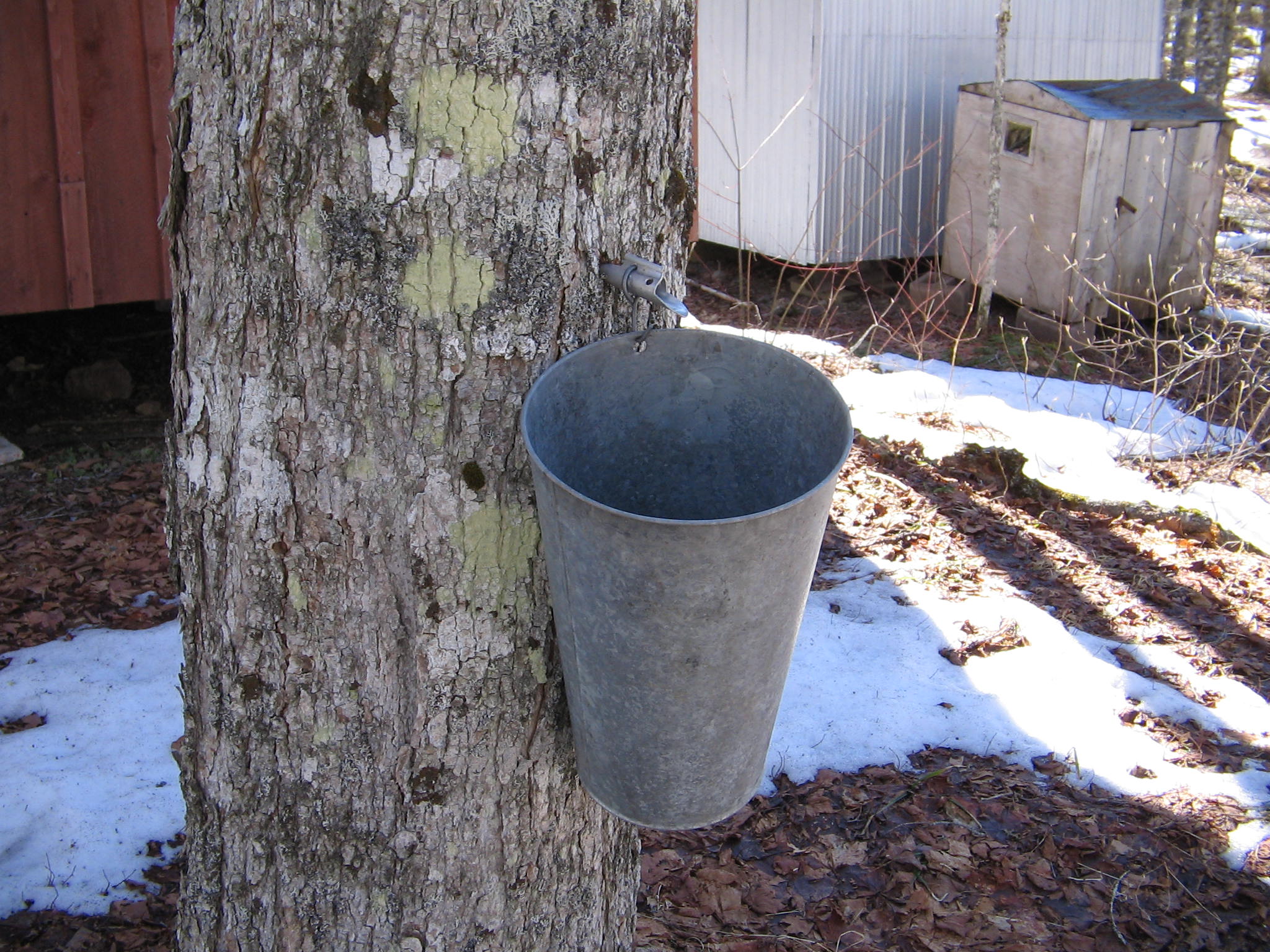Eggs in a basket: 10 Methods for preserving eggs
03/29/2019 / By Zoey Sky
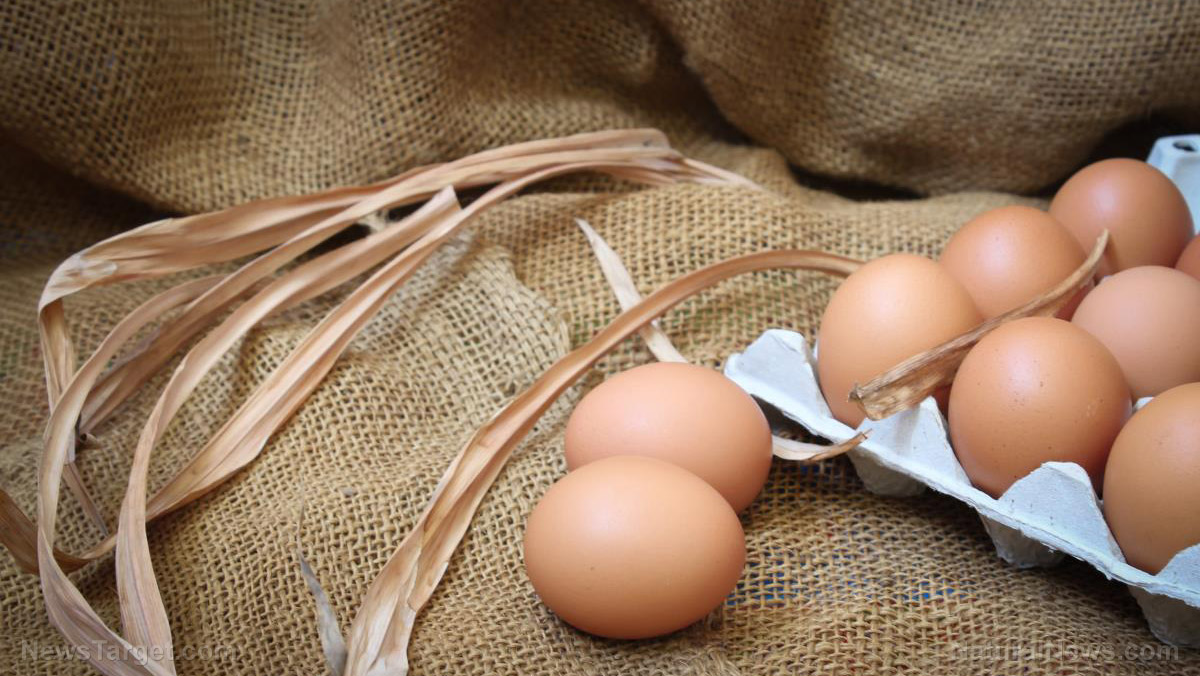
Before refrigerators, eggs were preserved using different methods to prolong their shelf life. (h/t to PracticalSelfReliance.com)
If you keep chickens in your homestead, you can preserve their eggs so you can cook with eggs even during winter, when chickens ease up on their laying habits. Knowing how to preserve eggs ensures that you have a year-round supply of homegrown eggs.
The simplest way to preserve eggs is by keeping them cool. Eggs have a natural outer coating that preserves the egg inside. If this coating is washed off, refrigerate the eggs.
Store unwashed eggs in a cool closet or back room for weeks. Keep temperature below 50 F and humidity at about 75 percent.
Fermented or salt-cured eggs
Fermentation is an old preservation technique that involves creating the right conditions so natural lactic acid bacteria can thrive while preventing spoilage bacteria from taking hold.
1. Fermented eggs
Salt-cured eggs are a form of a fermented egg. To make whole salt-cured eggs, hard boil the eggs then ferment them as a natural probiotic pickle. Use a salt brine with a bit of starter like sauerkraut juice or whey.
Allow fermented eggs to culture on the counter in a jar of brine and starter for about three days before refrigerating. While the cooler temperatures in the refrigerator slow the lactic acid bacteria considerably, they’ll still be slowly culturing under cold temperatures. Salt-cured eggs must be consumed within two weeks.
To save some time, you can cure eggs directly in a jar of sauerkraut.
2. Salt-preserved egg yolks
Try preserving just the yolk if you want to make a delicious cured product that can be used as an alternative to Parmesan cheese. Grate a bit of cured egg yolk over pasta for an umami boost of flavor.
Freeze the egg whites so you don’t waste anything.
Freezing
Here are several ways to freeze eggs.
3. Freezing raw eggs
Eggs are easy to freeze and they can be stored for several months. When freezing eggs, you have several different options: you can either freeze whole eggs, or you can store the yolks and whites separately.
If you’re freezing eggs, it’s better to store them scrambled. After they’re thawed, use three tablespoons of scrambled egg mix if the recipe calls for one fresh egg.
4. Freezing cooked eggs
To freeze cooked eggs, fry an egg or bake it in a muffin pan, then freeze it. Frozen cooked eggs will keep for several months.
5. Freezing eggs in baked goods
For this method, you need to make an egg-heavy baked good, then freeze it. Try baking brownies or pound cakes. (Related: Knowledge is power: 31 Crucial skills for every homesteader.)
Pickling or canning
Pickling and canning eggs can extend their shelf life by at least four months.
6. Pickled eggs
Eggs pickled in vinegar should be kept in the refrigerator.
To make pickled eggs, hard boil and peel whole eggs. Pack the eggs into a jar, then cover them with a brine. Use a ratio of one cup of vinegar to one teaspoon of salt. Add spices (optional), then let the flavors infuse for about one to two weeks before eating.
You can keep pickled eggs for at least four months in your fridge.
Old-fashioned egg preservation methods
When SHTF and you lose electricity, try some of these methods that don’t require refrigeration.
7. Preserving eggs in wood ash
Wood ash (the ash that you clean out of a wood stove) can be used to preserve eggs.
Eggs stored in wood ash have loss rates of about 20 percent after six months, with only 40 percent spoilage after eight months. Do take note that eggs preserved in wood ash may have a stale taste.
8. Preserving eggs in oats or bran
Oats or oat bran can cushion eggs to keep them from breaking. However, this method won’t preserve high-quality eggs.
The quality of these eggs may degrade over time, but most eggs preserved in oats are still edible. Try coating eggs in beeswax before packing them in oats to prevent dehydration.
9. Wax-preserved eggs (paraffin or beeswax)
Similar to the methods listed above, coating eggs in wax aims to seal the pores in eggshells to prevent spoiling. While wax can seal pores a bit more thoroughly than other oil-based substances, it requires more work than the other methods.
Dip fresh eggs one at a time in hot, melted paraffin. Cover the whole egg, then take it out immediately with wire tongs. Let the paraffin harden then quickly dip it again, but reverse the egg. Let the wax cool.
Carefully wrap each egg separately in waxed or paraffin paper. Avoid scratching or breaking the coating. Pack the eggs in tin cans, then seal with paraffin to keep the air out. Canned waxed eggs will keep for several months when stored in a cool place.
10. Preserving whole eggs in salt
Packing whole eggs in salt is just as effective as using ashes or oats. The eggs won’t spoil, but they lose moisture because of evaporation.
Whole eggs preserved in salt will last longer than eggs left on the counter, but their quality may also degrade. Use this method as a last resort.
Keep these egg preservation methods in mind if you want to make fresh eggs last the whole year round.
Sources include:
Tagged Under: eggs, food independence, Food Preservation, food safety, food secrets, Food storage, food supply, grocery, homesteading, off grid, preparedness, prepper, prepping, starvation, storable food, survival, survival food, sustainable living

